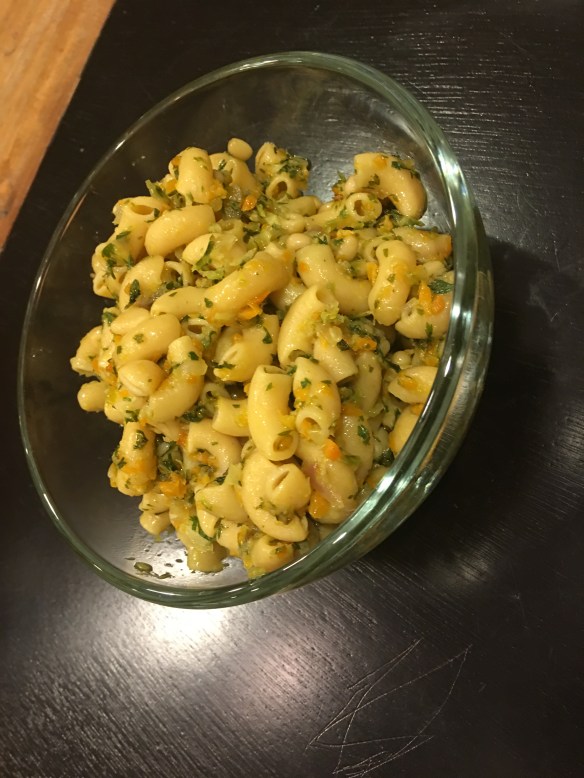In my law practice, we work with an attorney from Texas who likes to throw “y’all” into sentences, even in email. She writes, “Think y’all need to flesh out that argument,” or, “I’m going to that hearing, and y’all should too.” As a literary device, her “y’all” is most effective as a lead-in or closer, like, “Y’all, we cannot take that case,” or, “Think that one through, y’all.” The concluding “y’all” is grandiose. When this attorney ends a sentence with a comma and “y’all,” I think, Did you get that? Did you pay attention? Because she was talking to you.
Being New York born and raised, I’d sound silly if I tossed y’all around the way my co-counsel does. So when I do choose to conclude a statement, especially a mono-word declaration, with a y’all, let’s agree that it’s extra-grandiose.
Conversation. Conversation, y’all.
Finally, we’ve got conversation. The kind of conversation that involves listening and responding to the partner.
Our family employs a housekeeper who comes weekday mornings, usually arriving just before Martin and I leave to catch his school bus. One day she was surprised to find Martin playing in the family room, and me away from home. (I had an errand to run, and by previous arrangement would be returning to retrieve Martin and drop him at school; Adrian was in his home office, working.) Given that Martin has always shied away from speaking with her—until recently, he buried his head in the sofa pillows whenever the housekeeper addressed him—she was even more surprised to have this conversation with him, subsequently relayed to me:
HK: “Martin! Why are you at home? Don’t you have to go to school today?”
Martin: “I am going. My mom is coming home to take me.”
HK: “If you want, I can drive you over now.”
Martin: “No, it isn’t allowed for anyone different to drop me off.”
Martin and I are spending the coming summer in Nicaragua. (Remember this post? More details later.) One morning, over breakfast, Martin asked, “How many days will we be in Nicaragua?”, and I replied, “Sixty days. All of July and August.”
Eight hours later, in the car, without additional prompting, the following conversation ensued:
Martin: “July and August each have 31 days.”
Me: “That’s true.”
Martin: “But you said we will be in Nicaragua only 60 days?”
Me: “Good point. What is 31 plus 31?”
Martin: “Sixty-two.”
Me: “So we will be gone 62 days.”
Martin: “Mommy, is Nicaragua going to be the longest trip you’ve ever taken?”
Me: “No, once I was in India for several months. I was studying there.”
Martin: “Will Nicaragua be the longest trip I’ve ever taken?”
Me: “Yes.”
These are conversations, y’all. They involve give-and-take. They require response to what the conversation partner has said.
I’m excited, of course. And there’s a caveat, of course. Most of Martin’s conversations still revolve around what fascinates him: right now, bridges, geography, and names. So while he’s made progress thinking dynamically enough to add to a conversation, he still needs to reduce his rigidity and apply that dynamism to a variety of topics.
Y’all.








